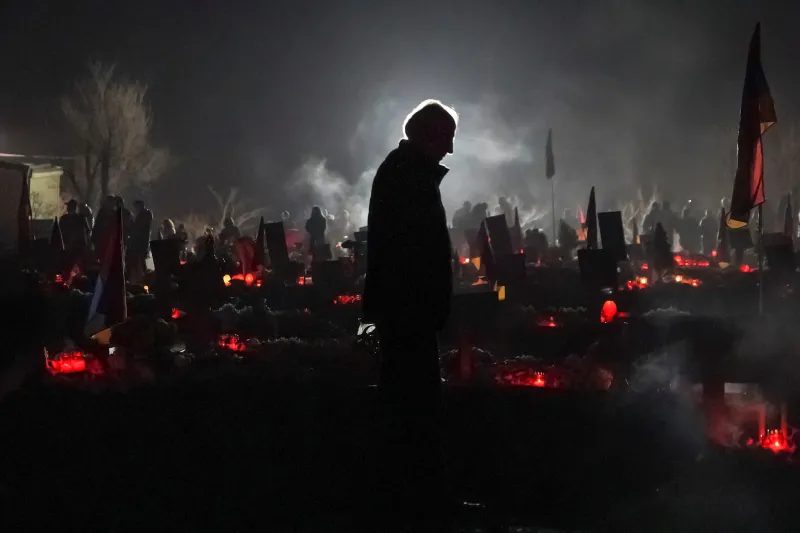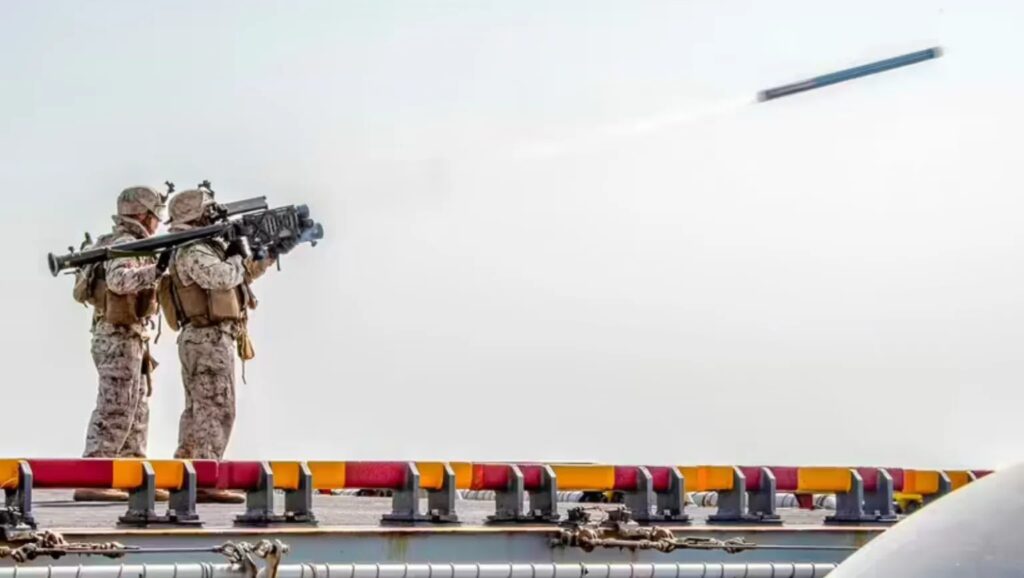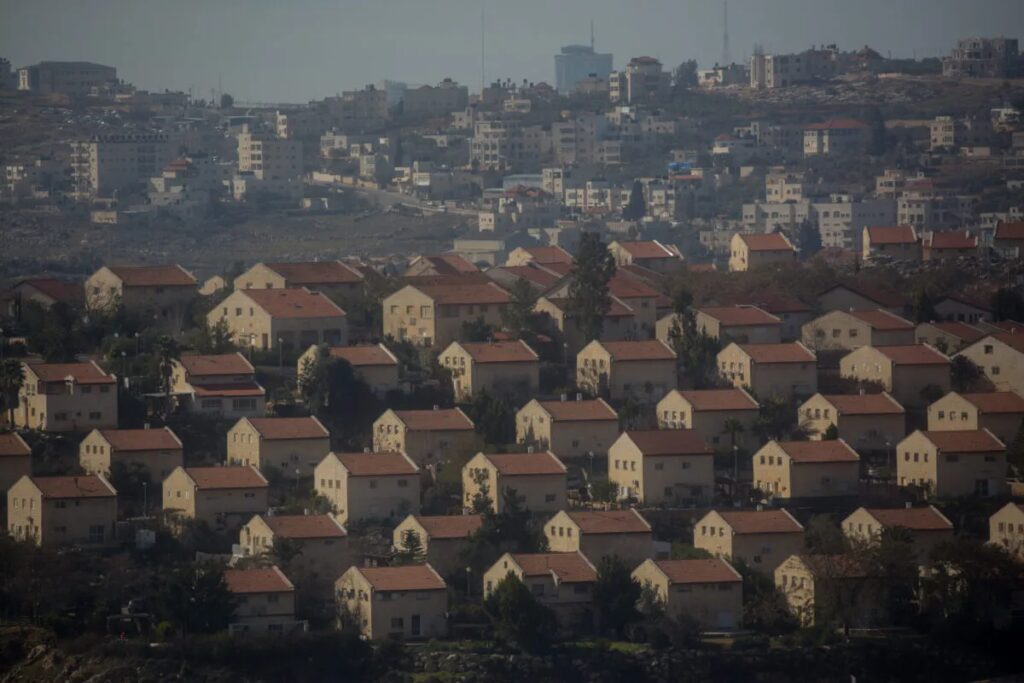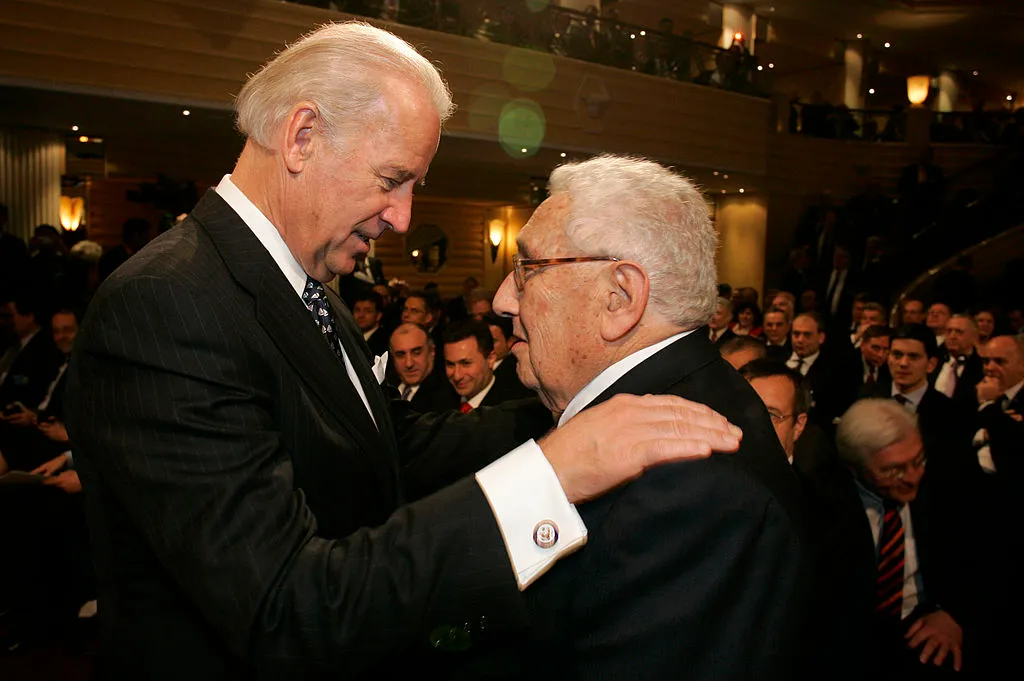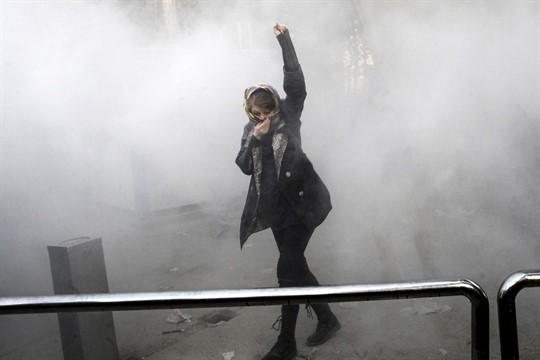Think Twice Before Admitting Finland And Sweden To NATO
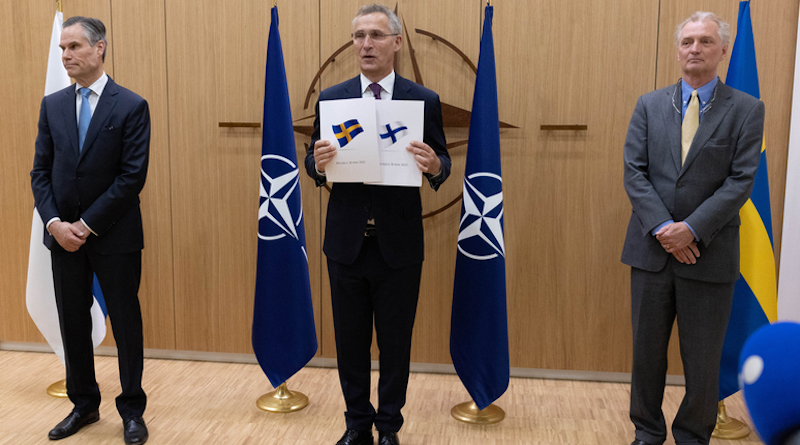
It is an American trait to root for the underdog in any contest that pits David vs. Goliath. Therefore, it is understandable that most Americans (except for extreme MAGA types) are thrilled that Ukrainian forces have pushed the brutal, but hapless, Russian military away from Ukraine’s two largest cities and are gamely taking the fight to a force multiple times as big and strong (on paper).


